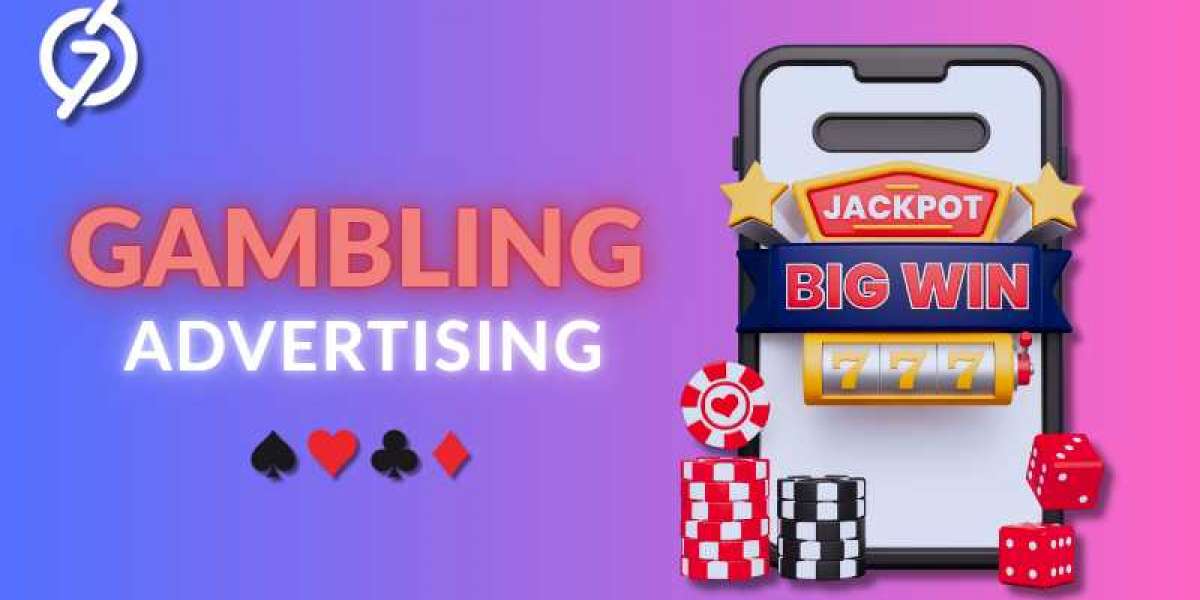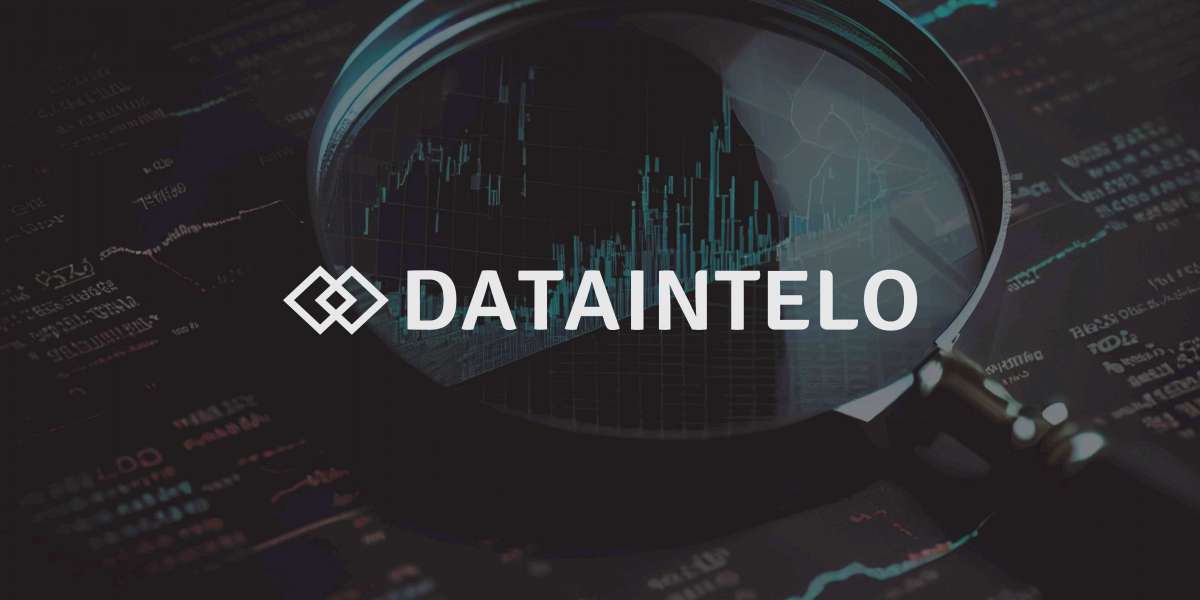The Rules Are Changing — Are You Ready?
If you're in the gambling industry, you already know this: advertising isn't as simple as hitting "publish." With regulations tightening across markets and platforms, understanding gambling advertisement policy is no longer just helpful — it's essential.
But here's the thing. Most guides either go too vague or too complex. What you really need is clarity: What are the rules, why do they exist, and how do they impact the way you promote your gambling brand today?
That's what we'll break down here. No fluff — just what matters, in plain language.
The Real Problem Behind Gambling Ads Today
Let's be honest. The challenge isn't just getting your ads live — it's keeping them live without penalties, bans, or wasted budget.
Online gambling promotions now operate under a spotlight. From Google to social platforms, ad policies are built to prevent misleading claims, underage targeting, or addiction triggers. And while that makes sense for user protection, it creates a minefield for marketers and iGaming brands.
You may have seen this firsthand:
- Ads disapproved without a clear reason
- Accounts flagged or permanently banned
- Inconsistent review decisions across regions
- Confusing country-specific compliance demands
It's not just frustrating — it's expensive. Team lost. Money wasted. Momentum stalled.
A Quick Backstory: How I Learned the Hard Way
A few months ago, I was consulting with a mid-sized iGaming operator trying to scale paid traffic. They were running campaigns across multiple geos — EU, Asia, LatAm — and had hit a brick wall.
Despite following what they thought were the rules, they kept getting flagged. Ads that worked last month were suddenly “not compliant.” Their team was burning hours rewriting copy, resubmitting creatives, and emailing support…with little clarity.
Eventually, we stepped back and did something simple:
We mapped the advertising guidelines platform-by-platform and region-by-region — then translated them into plain-English filters for the media team. And just like that, rejection rates dropped by 70%.
Here’s what I realized then (and still see now):
Most gambling brands don’t lack a marketing strategy — they just don’t fully understand the rules of the game.
What Makes Gambling Ad Policies So Different?
Gambling ads are in a special category. They’re often classified under “sensitive content,” which means stricter vetting. And they vary wildly between:
- Countries – Some allow broad promotion, others ban it entirely or limit it to licensed operators only.
- Platforms – Google Ads, Meta, TikTok, and ad networks all have different guidelines.
- Formats – What works in a display banner might get rejected in a search ad or video.
Here are some typical policy requirements you’ll come across:
- Age Restrictions: Ads must not target users under legal gambling age.
- Licensing Proof: You may need to show valid operator licensing, especially in markets like the UK or EU.
- No False Promises: Avoid words like “guaranteed win” or “risk-free.”
- Responsible Gambling Messaging: Some platforms require visible disclaimers.
- Geo Restrictions: Showing gambling ads in unauthorized countries is a fast way to get blocked.
Understanding these is key not just to getting ads approved, but to running them safely and sustainably over time.
A Smarter, Simpler Approach to Compliance
You don’t need a legal degree to handle this — but you do need a system.
Here’s a simplified way to think about it:
Segment Your Markets
Each country has its own stance on gambling ads. Start by grouping markets into:
- Open (like the UK, Australia, parts of the EU)
- Restricted with conditions (like India, parts of the US, Germany)
- Prohibited (like some regions in the Middle East)
Once you do this, your copywriters and media buyers can tailor messages and creatives accordingly.
Follow Platform-Specific Rules
Google’s gambling policy is different from Meta’s. Don’t assume a banner that passes on one will pass on the other. Bookmark their official policies and update your checklist monthly — platforms change policies often.
Get Licensed — or Work With Licensed Partners
Some ad platforms require proof of gambling licensing. If you're promoting a partner casino or sportsbook, make sure their credentials are valid and verifiable. You'll likely need to submit documentation during account setup or ad approval.
Use Trusted Ad Networks That Understand the Space
This is a big one. Not all ad platforms are comfortable with gambling ads — many will flag them without explanation. But there are ad networks designed to work specifically with gambling brands. They know the compliance landscape, and more importantly, they help you navigate it.
If you're exploring paid traffic, one of the simplest ways to start testing responsibly is to launch a test campaign with a network that already supports gambling promotions. It removes a lot of the trial-and-error burden.
Why This Isn't Just About “Following the Rules”
Compliance might sound like something you have to do — but the smartest brands see it as a competitive advantage.
Here's why:
- You reduce the risk of account bans and ad rejection.
- You speed up launch cycles (no back-and-forth with policy teams).
- You build credibility with platforms and partners.
- You future-proof your campaigns as policies shift.
Plus, platforms tend to favor advertisers that consistently meet their guidelines — it helps your ad delivery, impressions, and cost per click in the long run.
Final Thought: Make Compliance Your Edge
We're in a time where trust — from platforms, users, and regulators — is becoming the new currency. Gambling brands that embrace clarity and compliance in their ad strategy don't just survive; they scale smarter.
The old playbook of brute-force volume doesn't work anymore. The new playbook? It's about precision, awareness, and working with tools that are built for your space.
Start small. Stay informed. And partner with platforms that get it.







